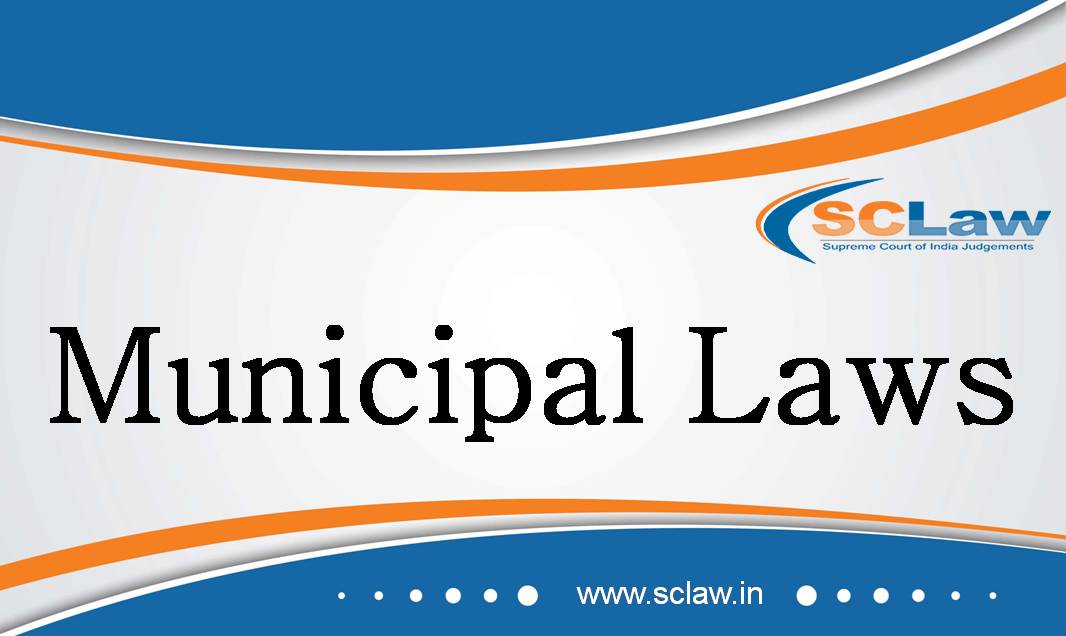This content is restricted to site members. If you are an existing user, please log in. New users may register below.
By sclaw
Related Post
Public Interest Litigation (PIL) — Property Tax Revision — Akola Municipal Corporation — Challenge to legality of property tax revision (2017-18 to 2021-22) via Public Interest Litigation (PIL) — Financial Autonomy of Municipal Bodies — Property tax is main source of income for Municipal Corporations to perform vital statutory obligations (urban planning, public health, infrastructure upkeep) — Financial stability and independence are integral to functional efficacy of municipal bodies — Revision of tax structure is necessary to match rising costs and sustain functions — Municipal bodies must have independent revenue sources to avoid dependency on State grants — Failure to revise tax structure for long periods (here, 2001-2017) constitutes gross laxity. (Paras 4, 5, 6, 7, 8, 9, 27)
Dec 9, 2025
sclaw
Environmental Law — Public Trust Doctrine — MCGM’s mandate to develop recreational spaces providing legal foundation for project — Prior condition of water body suggested degradation, not functional lake — Completed park providing substantial public benefit, including green space and recreational amenities utilized by community — Post facto sanction restricting land use to recreational purposes providing legal safeguard — Delay in filing petition undermining challenge — Direction to maintain park in perpetuity for public use, explore alternative water body, and restore other deteriorated water bodies by MCGM.
Jun 3, 2025
sclaw

